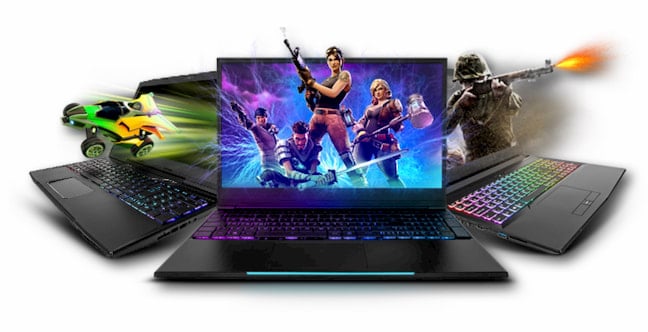Laptops, Tablets, & Cameras
Best Deals, Tips, & Buying Guides
Buying something that fits your needs doesn’t have to be so complicated..

Best collection of
Our Expert Reviews
With so many brands and styles available, how’s a buyer supposed to discover the best portable device these days? We’ve reviewed hundreds of laptops and peripherals from every possible brand to reveal the top-of-the-line picks for students, business users, gamers, and more!
Your satisfaction is our priority
A Dream Team Of Tech Expert, And Researchers… In Your Corner.
Picking the right gadget means finding the perfect balance among portability, versatility and budget. With hundreds of options on the market, you could easily end up wasting money on a device that isn’t going to meet your needs. With our best buyer guides & tips you can be certain to find the exact right fit when choosing a new device.
Our Commitment
We’re here to arm you with the knowledge required to thrive in an increasingly mobile-focused world.
75+
years of experiences combined
50+
products reviewed monthly
Our Editor Guidelines
We’re here to arm you with the knowledge required to thrive in an increasingly mobile-focused world.
Millions trust our expert advice and recommendations
With help from a strong and dedicated team in consumer products and computing, our readership is always growing. Today, people from across the country base their buying decisions on our findings, a responsibility we take seriously.
millions
readers yearly
Notable Articles
Keeping up with the lastest reviews, tips and tricks..
Tips & Tricks